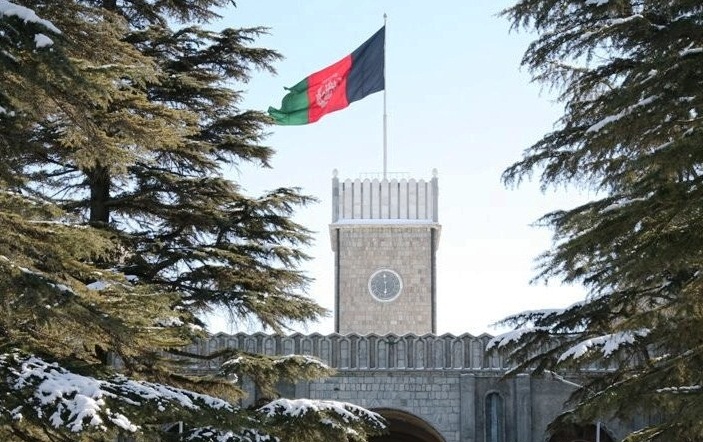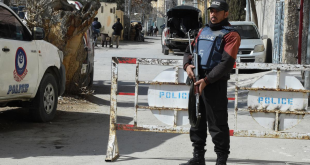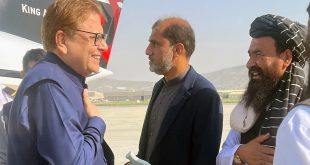The US Secretary of State John Kerry’s statement on the durability of the current national unity government in Afghanistan was followed by surge of reactions.
Kerry in his Saturday’s visit to Kabul at a news conference with President Ashraf Ghani said that the government he helped create two years back will keep serving for five years.
After the 2014 presidential election faced an impasse as the two frontrunners claimed victory, the senior US diplomat came to Kabul and architected a new shape of government in which Ashraf Ghani was the president, sharing the power with his rival Abdullah Abdullah as the chief executive [a post similar to prime minister].
The agreement signed by Ghani and Abdullah had accepted to call a Loya Jirga (Grand Assembly) at the end of second year to determine the post of chief executive by amending the constitution.
According to the agreement, the national unity government’s term will end in September and the leaders have to obey the decision of the Loya Jirga.
But John Kerry’s Saturday statement apparently rejected the Jirga. “There is no end to this agreement at the end of two years or six months from now. This is an agreement for a unity government, the duration of which is five years,” Kerry said.
His remark was followed by a surge of reactions among the political elite, who criticized it as interference in the country’s political system.
Former foreign minister Rangin Dadfar Spanta said in an article that such remarks show that the power in Afghanistan is not based on the Afghans’ intention, but it is based on the intention of the US politicians.
The senate chairman Fazel Hadi Muslimyar called it “a clear interference” in the internal affairs.
The ex-interior minister Omar Daudzai said the durability of the government depends on its popularity with the Afghan people.
Above all, former president Hamid Karzai, who has been criticizing the US inattention to the civilian casualties and not being honest to bring a lasting peace in the war-his country, called Kerry’s recent sayings “sensitive among Afghan people”.
This is true that the international community led by the United States, helped Afghans to make a democratic government and stand in the queue of the world community.
Afghans appreciate this assistant, but this should not be interpreted that they [the donors] can determine about our internal affairs.
Secretary Kerry or any other one who are not Afghans should understand that this is only Afghans who can think and state about their destiny.
Mr. Karzai is right that such statements would be sensitive. Afghans have never led anyone to interfere in their internal affairs. There could differences among different tribes and ethnic groups, but when national issue comes, they are united as a single nation.
We hope that our foreign friends would understand Afghans’ sensitivities and try to continue the friendly relationships with an independent Afghanistan.
 Afghanistan Times
Afghanistan Times




